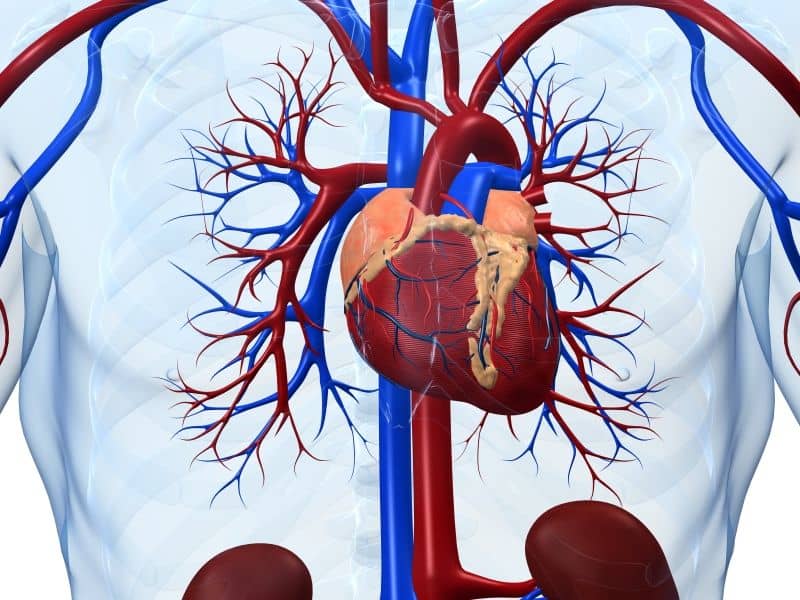High level of unmet needs were reported by stroke survivors after hospital discharge. Peer support interventions may play a valuable role in the management of stroke, but the evidence is unclear.
To determine the effects of peer support interventions on physical and psychosocial outcomes of stroke survivors; and to identify the key characteristics of peer support interventions for stroke survivors.cv DESIGN: A systematic review and meta-analysis.
Seven English databases and four Chinese databases were searched to identify eligible articles. Two reviewers screened the eligible studies, appraised the risk of bias, and extracted the data independently. Version 2 of the Cochrane risk-of-bias tool was used to evaluate the risk of bias for randomized controlled trials, while the Risk of Bias in Non-randomized Studies of Interventions tool was used for the quasi-experimental studies. The Grading of Recommendations Assessment, Development and Evaluation profiler Guideline Development Tool was used to assess the quality of evidence. Meta-analyses were conducted using Review Manager 5.3, and narrative analyses were performed when meta-analysis was inappropriate.
Eleven studies were included. Peer support interventions could improve the activities of daily living (MD = 15.53, 95% CI: 1.39 to 29.68; P = 0.03, I = 99%; very low quality of evidence), limb function, depression (SMD = -1.27, 95% CI: -2.18 to -0.36; P = 0.006, I = 91%; very low quality of evidence) and anxiety. Although pooled analysis showed that social participation (SMD= 0.74, 95% CI: 0.09 to 1.39; P = 0.03, I = 69%; low quality of evidence) and quality of life (SMD = 0.41, 95% CI: 0.09 to 0.73; P = 0.01, I = 0%; low quality of evidence) improved after peer support interventions, the studies which were not pooled due to insufficient data drew inconsistent results.
Stroke survivors may benefit from peer support interventions to improve their physical and psychological outcomes. The evidence about the impact of peer support interventions on social participation and quality of life is very uncertain. It should be noted that the quality of evidence ranged from very low to low, thus highlighting the need for more research of higher quality to substantiate these findings.
Copyright © 2021. Published by Elsevier Ltd.
Effects of peer support interventions on physical and psychosocial outcomes among stroke survivors: A systematic review and meta-analysis.


